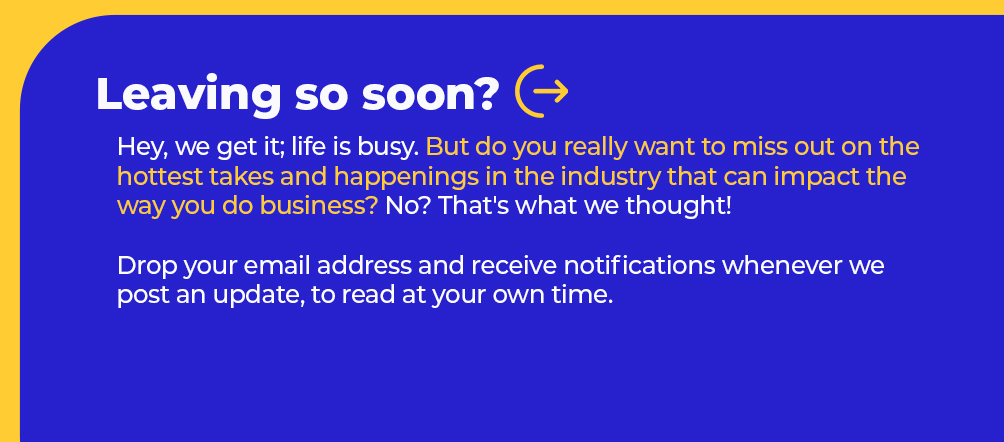The Best Technology Practices
When technology is properly utilized, it can work wonders for your business. As businesses particularly in IT outsourcing firms adapt to the new normal, the use of technology needs to be studied and implemented carefully to promote safety, security and productivity for its employees.
Implementing Work At Home (WAHA) and Work From Home (WFM)
While IBPAP reports an increase of 85% as opposed to 50% in productivity levels for WFM employees in the Philippines, the remaining 15% of unproductive work still needs to be addressed. WFM and WAHA protocols also need to be carefully assessed in order to protect employees and the sensitive information they carry.
To ensure that these protocols bring success to IT outsourcing firms Business Continuity Plans (BCD), these business growth elements must be improved:
- Service Delivery Models
- Office Cloud For Digital Access
- Labor Management
- Technology Compliance
- Secure Service Delivery Models
Most IT outsourcing firms have agreed to the Bring Your Own Device (BYOD) policy since the Employee Provided Device (EPD) policy is limited to a few units provided by the Original Equipment Manufacturer (OEM) vendors. Although, a few risks come with the BYOD policy and these include:
- Device Discrepancy – the use of multiple devices could mean challenges in connecting these to office servers
- Data Disclosure/Loss – personal devices from employees could get lost, stolen or hacked
- Virtual Network Compromise – when devices are not protected with a firewall and antivirus software, it can fall prey to hackers.
The best practices to avoiding these tech risks are:
- Setup mobile management device solutions for multiple access and control over devices.
- Create encrypted corporate containers to secure company data from personal devices.
- Configure virtual private network to access data safely
- Create remote security commands that raise an alarm, lockdown or erase corporate info in the event that devices are stolen or lost.
2. Utilize Office Cloud For Digital Access
Storing data in a secure office cloud keeps confidential data within the corporate network and allows employees to sync documents seamlessly in the network.
3. Labor Management
Whether employees work from home or onsite, it is important to secure the health of employees not just upon reporting to the office but starting from their homes. Technology can be used to safely monitor and regulate employee activities in and out of the office.
Safety Measures such as:
- Regular Safety Checks – conducting regular swab tests for employees and their families and distributing health survey forms can help monitor your employees’ safety at home and can minimize possible infections in the office
- Contactless Interaction Areas – setting up sanitising tools that involve contactless interactions like automatic sanitizer sprays at the entrance and motion detector doors.
- Office Safety Compliance – Ensure that face masks are worn at all times and social distancing is followed. Limit office occupancy to avoid contamination as well.
4. Lobby for Better Technology Compliance
While IBPAP reports General Data Protection Regulations (GDPR), Payment Card Industry (PCI) and Health Insurance Portability and Accountability Act (HIPAA) policies are in the pipeline for IT outsourcing firms, supporting the progress of these regulations can strengthen cybersecurity in the country and bolster more opportunities for business growth.
Interested in building a secure and proficient IT outsourcing firm in the Philippines? Call Tahche at +1 347-467-1066 or send us a message.






